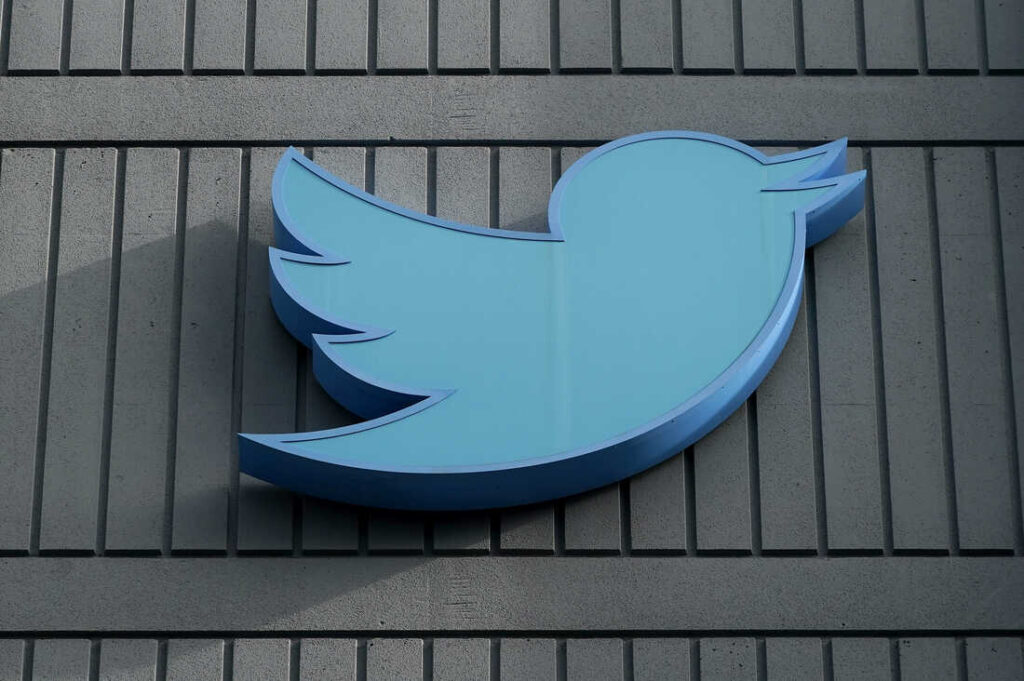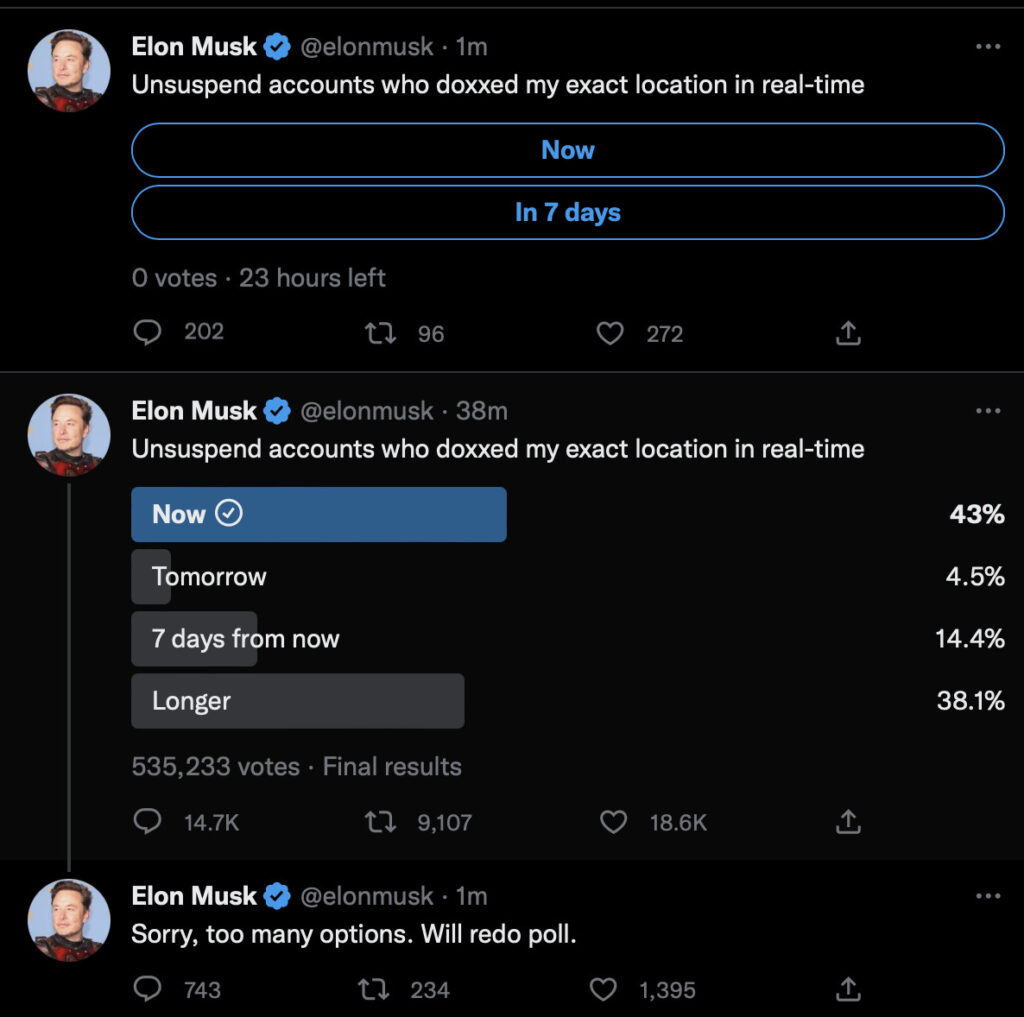Elon Musk Unbans Journalists from Twitter

With the accounts of American journalists banned, Twitter has drawn a lot of criticism. Now Elon Musk is lifting the locks again. Apparently public pressure has become too great. After strong criticism, the head of Twitter, Elon Musk, announced the unlocking of the Twitter Accounts of several American journalists. Musk had already suffered international criticism. The federal government said it had a “problem” with blocked accounts.
The European Union threatened sanctions
The EU Commission threatened Musk with “sanctions” and indicated, among other things, that the EU’s Digital Services Act (DSA), whose provisions will apply from mid-February 2024, require respect for freedom of media and fundamental rights.
On the question of whether Musk is allowed to enforce the ban, political scientist Julianne Jörsch, from the Stiftung Neue in charge in Berlin, said in today’s newspaper:
He can do that.
Elon Musk is a private individual who “can do whatever he wants with his company”. But as an entrepreneur, he has to weigh which decisions are good for his company – and which are not.
The European Union is increasing pressure on platforms like Twitter
Jürch emphasized that many in Brussels and the European Union are waiting for the new law on digital services.
I think there will be many opportunities to make an impact.
This included fines linked to the company’s annual sales. And it’s not too small either. “But I wouldn’t look too hard at the fines,” Gorsh said. That will come later in the process.
More opportunities for authorities to exert their influence
Much more importantly, with the Digital Services Act, the EU Commission and independent authorities in the Member States can influence platforms in advance to fulfill their obligations of accountability and transparency. That way, people receive more benefits and security – not just the fines handed out.
But yes, a fine is also possible.
Twitter as a “megaphone” for Governments and Authorities
Twitter has become an important communication platform in recent years: governments, authorities and politicians use Twitter for public relations work around the world. Goresh confirmed that he used the online service as a “megaphone”. The digital audience specialist considers the current situation to be a good time to ask if he wants to be on the platforms or if it is not possible to accommodate opinions, attitudes and comments “elsewhere”.
There are different possibilities: on the one hand, one can consider moving to the already existing decentralized networks. It is also possible to reach people through newsletters, special platforms and websites.
It cannot be ruled out that alternatives to Twitter will emerge – or that Twitter will remain in its current or slightly modified form. And that we will continue to see heads of state there.”
Twitter blocked journalists’ accounts
Tech billionaire Musk took over Twitter in October and has since sparked controversy with controversial actions. And on Thursday night (local time), Twitter blocked the accounts of at least six prominent American journalists.
Employees of the New York Times, Washington Post and CNN are among those affected. The Washington Post reported that the closures occurred without notice.
The day before, Twitter blocked an account that could be used to track CEO Elon Musk’s private jet. Some of the now-banned journalists reported this, as well as Musk’s statement that he and his family were put at risk by the release of location data.
Musk wrote in several tweets on Friday night that the same rules apply to journalists as everyone else. He was referring to “doxxing,” which is the disclosure of an individual’s personal information, including information such as an address.
On Friday night (US West Coast local time), Musk announced that the Twitter accounts would be unlocked. “People have spoken out. Accounts that have given my location will be unblocked,” he wrote in the SMS, referring to the result of a search he had previously initiated.

